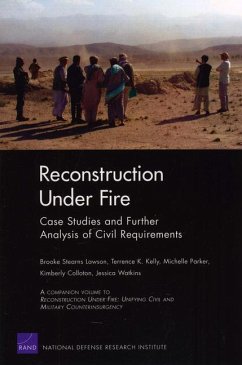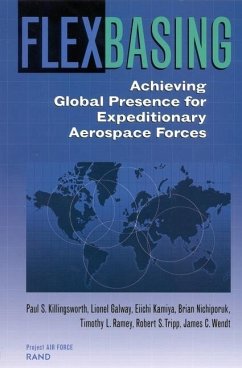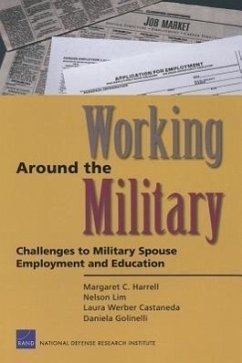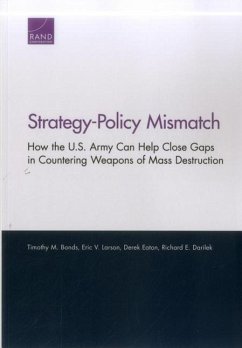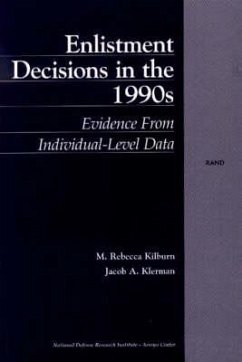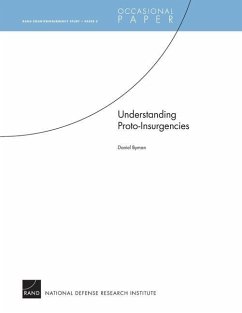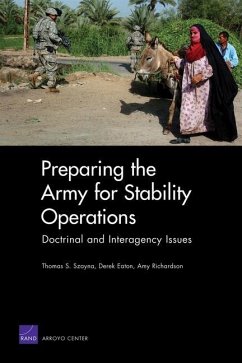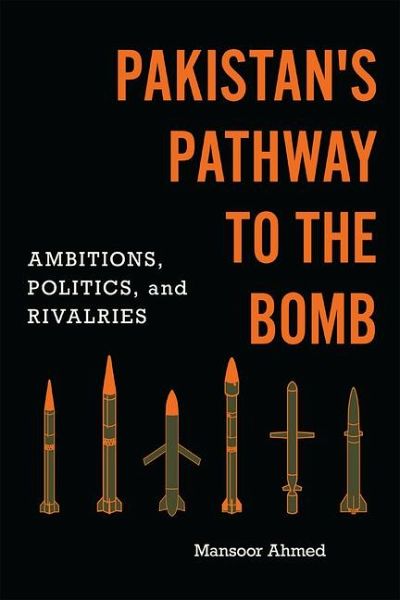
Pakistan's Pathway to the Bomb
Ambitions, Politics, and Rivalries

PAYBACK Punkte
23 °P sammeln!
"Mansoor Ahmed's Pakistan's Pathway to the Bomb reveals a new history of Pakistan's nuclear weapons program and the bureaucratic competition that shaped it from its inception in 1956 until the 1998 nuclear tests and beyond. While the enduring security dilemma from India was the chief driver for the country's quest for the bomb, heated domestic rivalries within the country's technocratic community influenced the direction and growth of the nuclear program in equal measure. Ahmed offers a revisionist assessment of the role of Dr. A. Q. Khan, the giant of Pakistan's nuclear program. He reveals th...
"Mansoor Ahmed's Pakistan's Pathway to the Bomb reveals a new history of Pakistan's nuclear weapons program and the bureaucratic competition that shaped it from its inception in 1956 until the 1998 nuclear tests and beyond. While the enduring security dilemma from India was the chief driver for the country's quest for the bomb, heated domestic rivalries within the country's technocratic community influenced the direction and growth of the nuclear program in equal measure. Ahmed offers a revisionist assessment of the role of Dr. A. Q. Khan, the giant of Pakistan's nuclear program. He reveals the competition between Khan Research Laboratories and the Pakistan Atomic Energy Commission, how A. Q. Khan was able to build a cult of personality that inflated his role in the public mind, and how Khan was able to build a fiefdom largely outside of state control that proliferated nuclear technology abroad. Drawing on elite interviews and previously untapped primary-source documents, this book sheds light on the process by which Pakistan became a nuclear power"--





